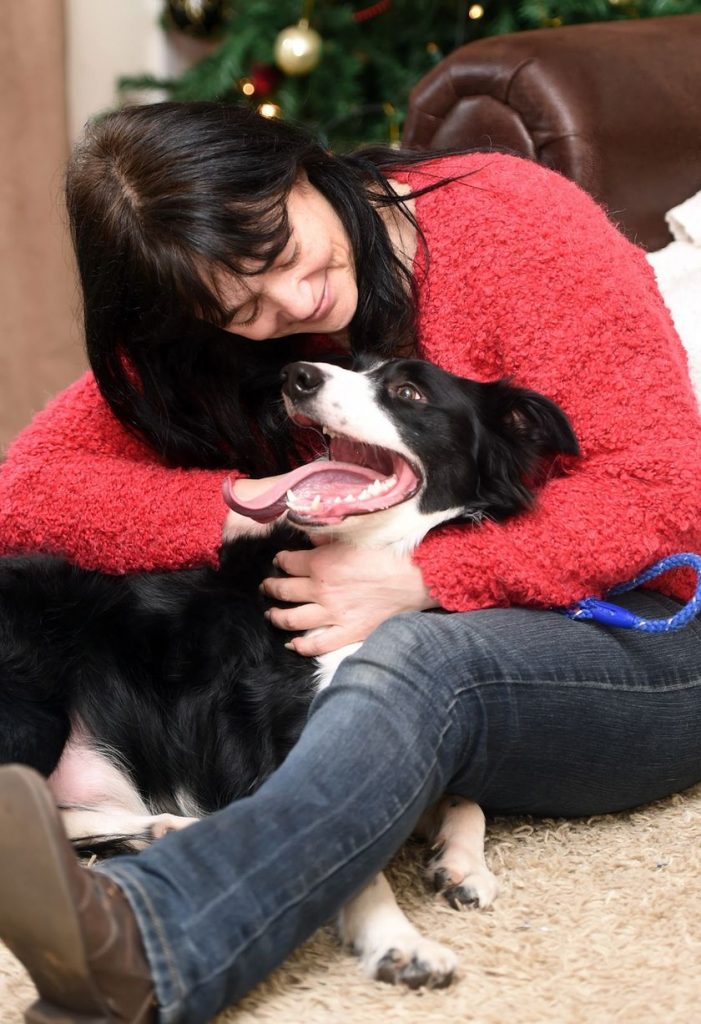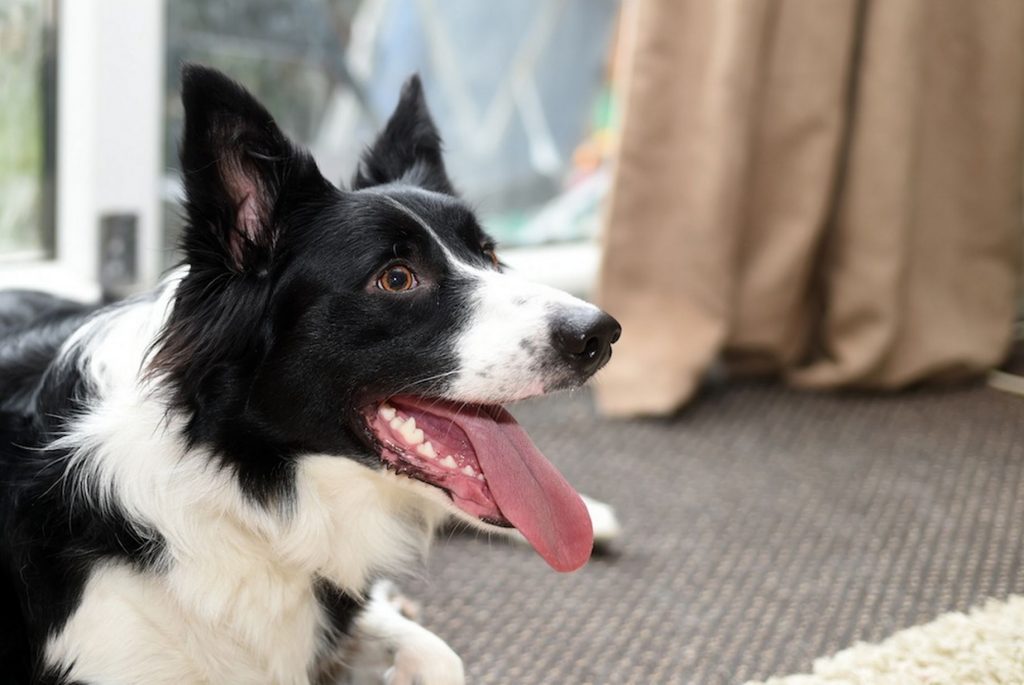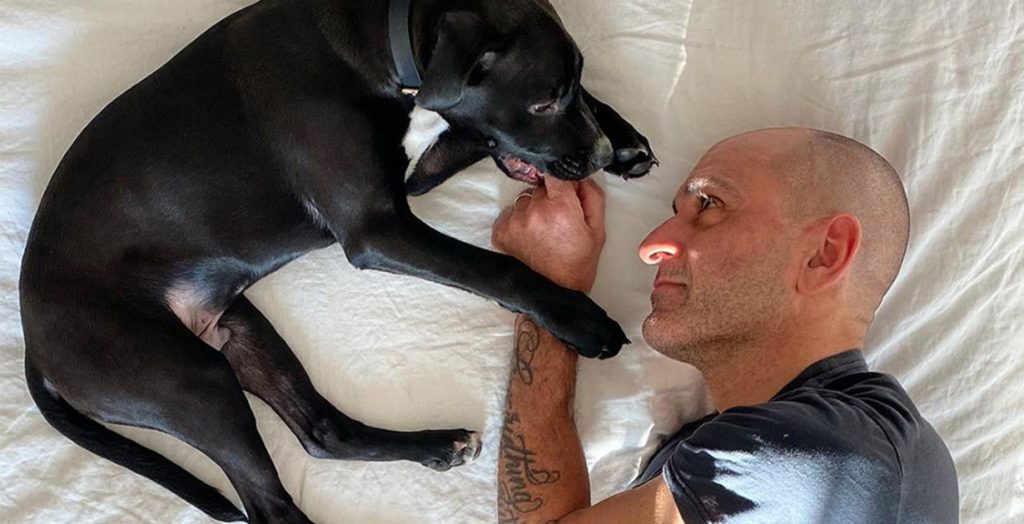Enrichment & Fun Heartwarming Training & Behavior
“Your Dog Saved Your Life”, Can Dogs Smell Cancer?
The nose knows on a dog, but can canines really smell cancer? According to the experiences of owners around the globe and research by top scientists, the answer is a howling “yes”.
If you have any doubts, then the story of Josie Conlan, British mother of two, will leave you a believer. It was Josie who was more often managing the health of her rescue Border Collie, Ted, than Ted managing hers.

“When we got him, he looked so sad. The vets told us he had been kept in a confined cage for a long time. He was terrified of everything. It took him about 10 months to really settle.” explained Conlan.
So when the table’s turned in 2014, it was just in the nick of time. Having cared for her mother and father-in-law through cancer, and managing her own chronic fatigue syndrome and benign breast disease, Conlan was confident with her ability to spot possible looming health issues. But when Ted began sniffing and pawing at her breast, Conlan’s instincts told her this was more than play.

“I had heard that dogs could smell cancer so I said to my husband, ‘Brian, should I go and get this checked out?’ Ted started sniffing it and at that point I knew I needed to do something about it.”
A doctor’s appointment confirmed a cancerous lump in Josie Conlan’s breast. A stage 3 tumor, growing quickly, and found with time for treatment.
“If Ted had not found it we would not have known and it would have been different. He has saved the family.”
While Ted the Border Collie’s story is incredible, it’s more common than one might think.
Disease can have a scent and cancerous cells produce a very distinct odor, which even human noses can smell in the late stages of the disease. But with a sense of smell that is 10,000 to 100,000 times superior than humans (a bloodhound alone has 300 million smell receptors), dogs can often detect the smell before it spreads, according to the American Kennel Club. And that early detection can mean all the difference.
Take it from Victor Calderone, New York City-born DJ, who did not want a dog at first.
“I was opposed to getting a dog for years while [son] Jivan and [wife] Athena campaigned hard to get one,” he explained.
And so, a short-haired black and white pup named “Tuco” was added to the family.
“I never imagined the immense love I would develop for Tuco and how he would change my world as I know it,” Calderone wrote on Instagram.
That change would come in the form of an early warning from Tuco that would save 54 year-old Victor Calderone’s life. According to Calderone, Tuco detected his cancer and triggered a symptom sending Calderone to the Emergency Room where he received an early diagnosis and confirmation from the attending doctor that “your dog saved your life”.

While not EVERY dog is a Sherlock Bones for illness in humans, thousands of years of domestication at man’s side has developed strong instincts in human’s furry partner in crime to keep an eye, or nose, out for danger. The dog’s ability to sniff out the sick has been so well-documented that scientists, including the Massachusetts Institute of Technology, are attempting to emulate their ability in new AI-driven diagnostic tools. And yet… researchers still can’t pinpoint HOW exactly dogs are doing it. Exactly WHAT dog’s are smelling is still a bit of mystery.
Regardless, the early-detection efforts of Ted the Border Collie, Tuco the rescue pup, and the many other hero dogs sniffing out disease is more evidence that a dog not only makes a better life… they can save a life.



